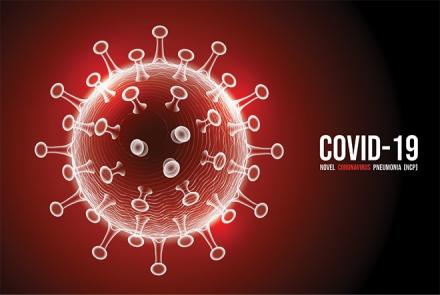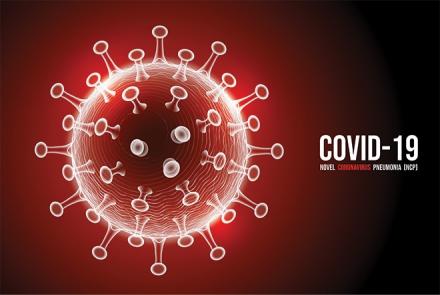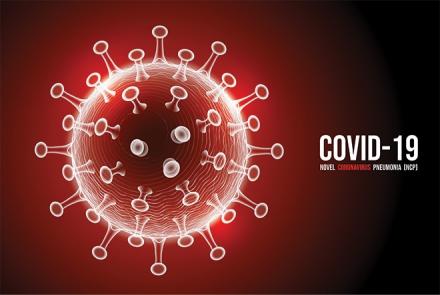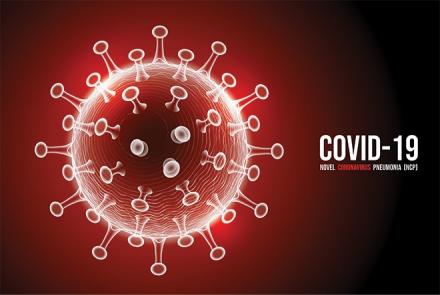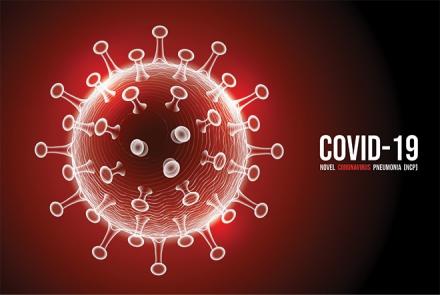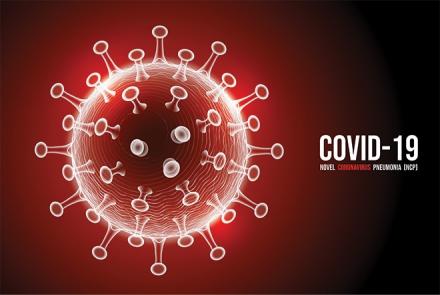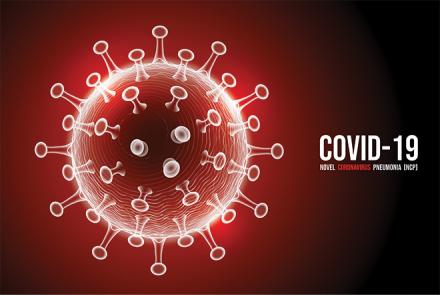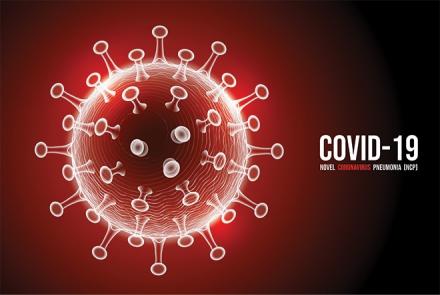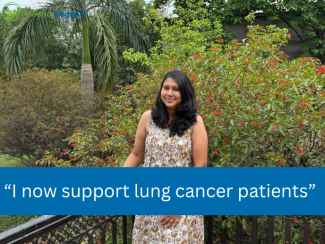Increasing number of Coronavirus patients have reported symptoms that persist weeks after the infection is clear. We speak with Dr. Swati Jha, Director, Community Health & Research at Aga Khan Health Services India on post viral syndrome, the common lingering symptoms and what actions should be taken.
What are the most common post-Covid symptoms/conditions seen?
In a typical patient
Physical fatigue- pain in the limbs, difficulty walking, climbing stairs…
Latest Stories
- COVID-19 Management The likelihood of presenting with a moderate or severe case with complication is linked to age and co-morbidities so far. These include: Acute respiratory distress syndrome or ARDS Pneumonia or other secondary infections Sepsis Coagulopathies Acute Kidney Injury Multiorgan failure Macrophage Activation syndrome or Hemophagocytic lymphohistiocytosis. Many believe that the complications are caused by a condition termed as the Cytokine Storm. This is a hyper inflammatory…
- Sign and symptoms of COVID-19 We are still learning about the virus and symptoms seem to vary from person to person. Many people experience no symptoms at all; they are termed as asymptomatic carriers. Many others experience some symptoms but again severity varies from person to person. Common symptoms include: Sore throat Low grade fever Shortness of breath Cough Loss of taste Loss of smell Fatigue Diarrhea Vomiting Headaches Signs typical of COVID as seen on Chest CT scan is the ground…
- How To Prevent Covid-19 Infection Vaccines are our best defense against the virus. However, we must continue to practise proper hygiene measures to prevent getting the infection. These include: Washing hands with soap and water frequently through the day. Use hand sanitiser if soap is not available. Wearing a mask that covers the nose and mouth when going out of the house. For detailed guidelines on how to use a mask, please click here. Practice social distancing. Avoid touching of face. Avoid…
- Treatment of patient with Covid-19 First steps after detection of a positive patient includes: Isolation for the patient who has tested positive Quarantine for suspected cases As of now, there is no specific treatment for this infection. Most people report a mild or asymptomatic infection and require no specific treatment. For moderate or severely affected persons, hospitalisation is mandated. Treatment is supportive and ventilation for the critically ill patients. Various drugs…
- COVID-19 Tests and diagnosis There are various types of tests available for detection of Covid-19: RT-PCR (Reverse Polymerase chain reaction) is the gold standard used for diagnosis of individuals. A nasal or throat swab is taken and put in a machine that amplifies and detects the virus. Antigen tests are used for quick diagnosis at home. As per the kit instruction, people can use the swab to first swipe their throat and then the nose. It detects the spike protein on the coronavirus. It…
- Viruses are constantly changing and mutating in their genetic makeup resulting in new strains or variants. The coronavirus too has mutated several times since the pandemic started. The variants may change the way the virus behaves. The variants are classified as alpha, beta, gamma, delta and omicron. Each variant can cause a wave as it spreads easily throughout the world. In 2021, the delta variant emerged and by the end of 2021, the omicron variant emerged. The phases of how the COVID…
- COVID-19 is an infectious disease causes by a virus called Sars Cov-2. SARS-CoV-2 is a member of the Betacoronavirus genus, one of the genera of the Coronaviridae family of viruse from the Coronavirus family. This a zoonotic virus meaning it is transmitted from animals to humans; transmission now is mainly inter-human.
- What is Covid-19 COVID-19 is a newly found virus first discovered in the Wuhan district of China. It went on to spread across the world and on March 11th, 2020 the World Health Organisation declared it a global pandemic. The virus affects the respiratory tract and is very contagious. It is one of the 7 types of coronavirus including MERS (Middle East Respiratory Syndrome) and SARS (Sudden Acute Respiratory Syndrome).


